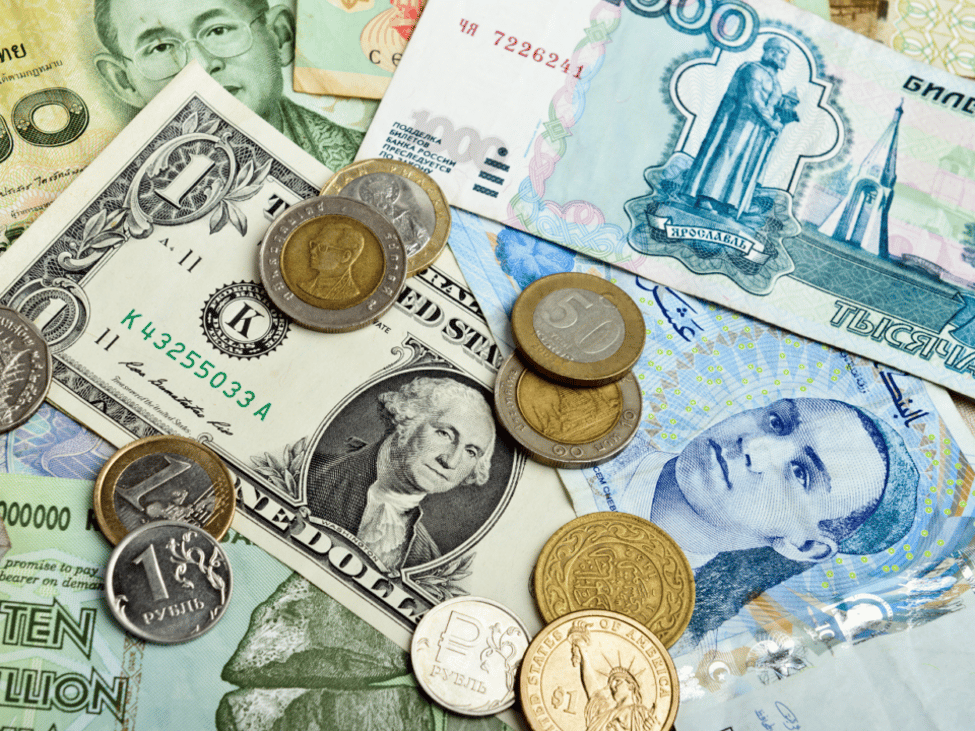In 2021, it was announced that a foreign buyer ban would be imposed on BC real estate. This
means that non-Canadian people and businesses are prohibited from buying residential
properties for two years. Let’s take a deeper look at what this means for non-Canadians looking
to invest in Canadian properties.
What the Ban Means For Non-Canadians
The foreign buyer ban is an attempt by the provincial government to make residential properties
more affordable for British Columbians. The idea behind the ban is that it will help reduce
speculation in BC’s real estate market, which could ultimately lead to the increased affordability
of housing prices. However, there are some drawbacks to this policy.
The Impact on BC Real Estate Market
It’s no secret that there is a housing crisis plaguing many parts of BC and Canada as a whole.
The demand for affordable housing far outweighs the supply, leading to skyrocketing prices.
This new legislation is an attempt to address that issue by preventing non-Canadians from
taking advantage of Canadian real estate markets and driving up prices even further. According
to Finance Minister Selina Robinson, this ban is “a targeted measure designed to protect our
housing market from speculation and abuse by foreign buyers who do not pay taxes here.”
However, it remains unclear whether or not this ban will have any real impact on the housing
crisis in BC. There are still plenty of loopholes that could be exploited – such as having family
members purchase property on behalf of non-Canadians – which could render the law
ineffective. Furthermore, research suggests that foreign buyers only account for less than 5% of
all residential real estate purchases in BC anyway, meaning that while the ban may help slightly,
it is unlikely to make a significant dent in the overall supply problem.
It’s clear that many questions remain surrounding the foreign buyer ban imposed on BC real
estate. While it may help make housing more affordable over time, non-Canadians should keep
in mind that there are penalties associated with purchasing property while under this ban; fines
up to $10,000 may be issued, along with orders to sell any illegally purchased properties. It
remains unclear just how effective this policy will end up being, but one thing is sure—it’s
certainly something worth keeping an eye on!

